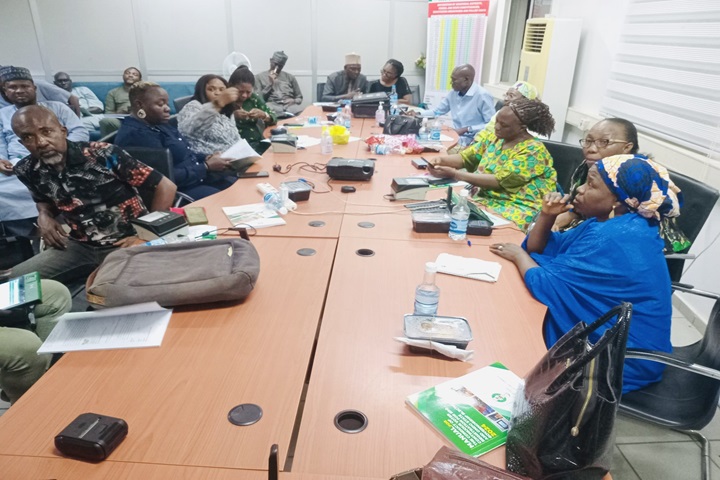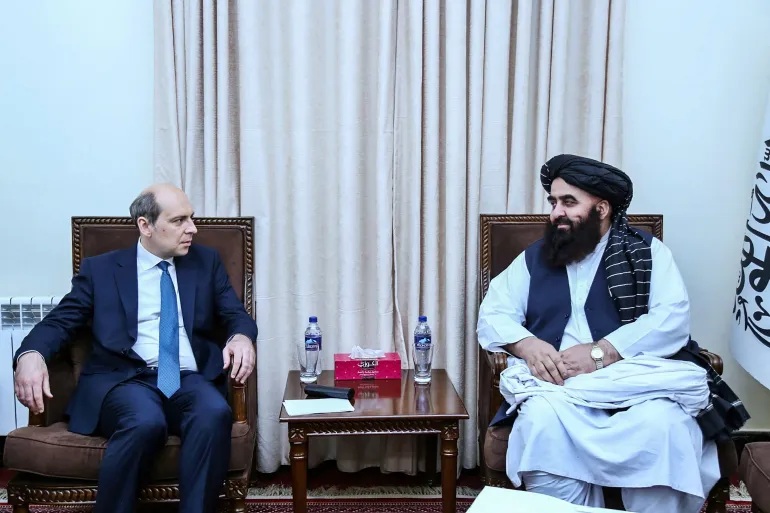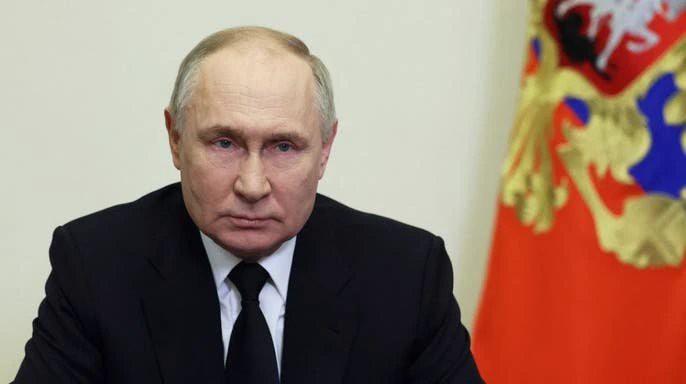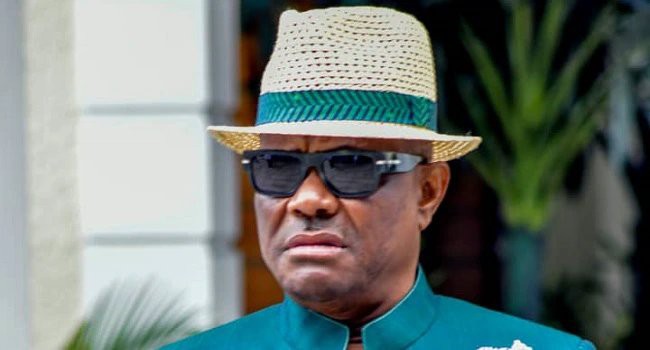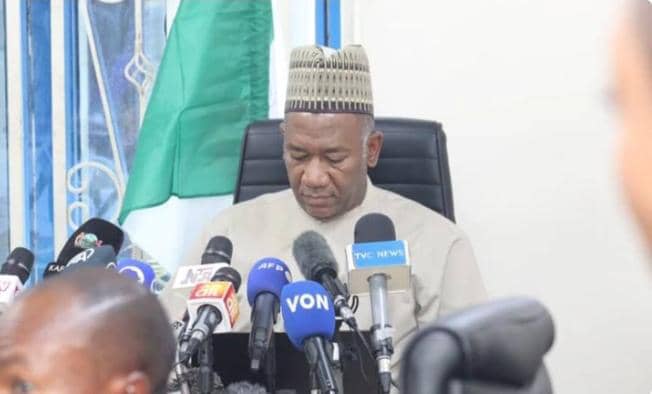Featured
Former Thai Prime Minister, Shinawatra, 74, Risks 15 yr In Jail For “Insulting” Country’s Monarchy

Former Prime Minister Thaksin Shinawatra has been formally indicted on charges of insulting the monarchy, a crime punishable by up to 15 years in prison.
The 74-year-old billionaire and patriarch of the Pheu Thai party, which leads the current coalition government, appeared in court on Tuesday to face charges related to an interview he gave to South Korean media in 2015.
Thaksin, who was twice elected prime minister and ousted in a 2006 military coup, is accused of violating the country’s strict royal insult laws, known as lese-majeste, which protect King Maha Vajiralongkorn and his close family.
The charges also include violations of the Computer Crimes Act, which carries a potential five-year prison sentence.
Thaksin’s lawyer, Winyat Chatmontree, denied all charges and stated that his client had no intention of speaking about anyone protected by article 112 of the criminal code, which deals with lese-majeste.
The former prime minister was granted bail on a 500,000 baht ($13,500) bond and ordered not to leave the country without permission. The next hearing in the case is scheduled for August 19.
Thaksin’s indictment is one of four high-profile cases currently before the courts that could unleash fresh political instability in the coup-prone kingdom.
Critics argue that the lese-majeste laws are misused to stifle legitimate political debate, and there has been a surge in their use since youth-led anti-government street protests in 2020 and 2021.
Thaksin is the most prominent figure among the over 270 people charged under these laws since the protests, according to Thai Lawyers for Human Rights.
The Constitutional Court is also deliberating on three other cases that could spark a political crisis. One seeks the ouster of Prime Minister Srettha Thavisin under ethics rules, over the appointment of a cabinet minister with a criminal conviction.
Another case involves the election commission seeking the dissolution of the main opposition Move Forward Party (MFP), which won most seats at last year’s general election but was blocked from forming the government.
The court has scheduled a hearing for July 3 to consider the MFP case and July 10 for the Srettha case.
In a third case, the Constitutional Court ruled that the ongoing election for a new senate is lawful, throwing out a challenge that sought its postponement or cancellation.
The court’s decision is seen as a victory for the government, which has faced opposition from pro-democracy groups and the MFP.
Thaksin’s return to Thailand last August after 15 years in self-exile was seen as a sign of a potential truce between the conservative military pro-royalist elite and progressive parties.
However, the latest developments suggest that the struggle between the two sides is far from over. Thaksin has hinted that he believes the lese-majeste allegations are an establishment ruse to undermine him and Srettha’s government.
Political analyst Napon Jatusripitak of the ISEAS-Yusof Ishak Institute in Singapore noted that Thaksin’s situation is complex, with some viewing him as a political mastermind and others seeing him as a hostage of the establishment. “He still finds himself being used as a buffer by the establishment against popular pro-democracy movements coming from below,” Napon said.
The ongoing political tensions in Thailand have raised concerns about the country’s stability and its ability to navigate the complex web of alliances and rivalries between the military, the monarchy, and political parties. As the cases against Thaksin and others move forward, the country’s political landscape is likely to remain volatile, with potential implications for the region and beyond.
For Diaspora Digital Media Updates click on Whatsapp, or Telegram. For eyewitness accounts/ reports/ articles, write to: citizenreports@diasporadigitalmedia.com. Follow us on X (Fomerly Twitter) or Facebook



